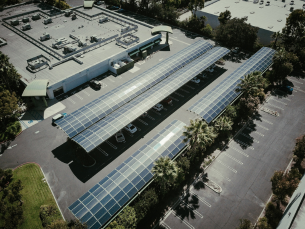Concept/mission:
The Master in “Technical Engineering : Strilling Machine Technologies and Applications” is a Master on Engineering. It deals with both the Stirling engine (power production) and machine (refrigerators, cryocoolers and others). That is why -as a unique example in thermodynamics- “Stirling machine” indicates both applications. Thus, the Course will concern the theoretical and technological aspects, fundamental for the design and running of Stirling engines and machines (refrigerators and cryocoolers) with respect to different applications of such an external combustion machine. The Master is designed to provide engineers with enhanced knowledge and skills on this technology and thereby indirectly contribute to meeting the ambitious target of sustainable development and renewable energies, green energy vectors and sustainable end uses of energy.
Duration: 12 Months
As every Professional Master’s programme, the Course lasts 1.500 hours/year;
of which:
• 300-400 dealing with lessons and seminars
• 250 individual study
• 350-400 stage/internship/applied research
• 400 thesis and exams
• Residual: Seminars
Academic Credits : 60 academic credits
Stage and Didactic Programme
In the start-up phase of the Course, educational offers aimed at the needs of each student and group work will be studied and prepared. Thus, it will be possible to start a tailored programme on an individual level, but more often working groups will be created which will carry out collective activities coordinated by teachers and tutors.
The individual work, the stage, mainly as internship (applied research or field experience) and the thesis work will also be scheduled in line with the prearranged schedule.
Admission Requirements:
A detailed CV/Resume
Bachelor/Master Degree in Industrial or Mechanical Engineering, Applied Physics, Thermodynamics, Applied technological sciences or equivalent.
Career Progression:
Engineers with expertise in Stirling machine technology may be employed in:
• Enterprises operating both in developing and developed countries in many fields (aerospace, biomedicine, energy, other areas)
• Research centres
• International Organizations, public Institutions
• National and international non-governmental (NGOs) and other not-for-profit organizations.
Course Features
- Lectures 0
- Quizzes 0
- Duration 2023 / 2024
- Skill level Beginner
- Language English
- Students 0
- Assessments Yes






